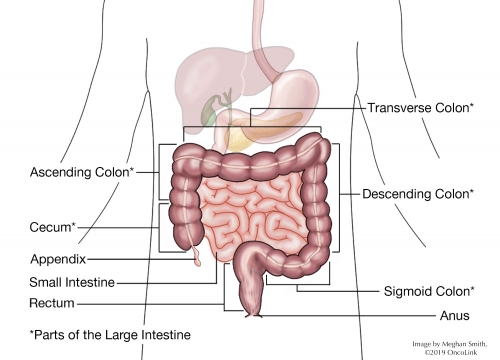
Understanding the Journey: What to Expect During Colon Cancer Surgery Recovery
Receiving a diagnosis of colon cancer can be overwhelming and bring about various emotions. However, with advancements in medical technology and the expertise of healthcare professionals, the treatment options available today, including colon cancer surgery, offer hope for a full recovery. If you or a loved one will be undergoing this procedure, it is essential to understand what to expect during the recovery process to ensure a smooth and successful healing journey.
Colon cancer surgery is typically performed to remove cancerous tumors within the colon. Depending on the location and stage of the cancer, different surgical techniques may be utilized. These can include minimally invasive procedures, such as laparoscopic or robotic-assisted surgeries, or open surgeries that involve a larger incision.
Immediately after the surgery, patients are transferred to the recovery room, where they are closely monitored by healthcare professionals. Pain management is a crucial aspect of the early recovery period. Your surgical team will likely administer pain medication to keep you comfortable, as well as manage any potential side effects.
During the first few days following surgery, you can expect to be in the hospital. The length of your hospital stay will depend on the specific procedure performed, your overall health, and how well you are recovering. It is not uncommon for individuals to remain in the hospital for three to seven days, although some may be discharged earlier if they demonstrate a swift recovery.
Once you are ready to be discharged from the hospital, your healthcare team will provide detailed instructions on how to care for yourself at home. It is important to follow these instructions carefully to promote optimal healing and minimize the risk of complications. These instructions may include guidelines on wound care, dietary restrictions, medication management, and when to seek medical attention if any concerns arise.
In the weeks following colon cancer surgery, it is normal to experience various physical and emotional changes. Some common physical side effects may include fatigue, constipation or diarrhea, changes in appetite, and discomfort or soreness around the incision site. These discomforts should gradually improve over time as your body heals.
Fatigue is a prevalent symptom during the recovery period. It is recommended to listen to your body and allow for plenty of rest. Engaging in light physical activities, such as short walks, can also help gradually rebuild strength and endurance. However, it is crucial to follow your surgeon’s instructions regarding limitations and restrictions on physical activity.
To support your healing journey, it is important to maintain a healthy diet and stay adequately hydrated. A high-fiber diet, along with plenty of fruits, vegetables, and whole grains, can help prevent constipation. It may be helpful to consult with a registered dietitian to create a personalized nutrition plan that meets your specific needs.
Emotionally, undergoing colon cancer surgery can be a challenging time. Feelings of anxiety, fear, and depression are not uncommon. It is essential to reach out to a support system, including family, friends, or cancer support groups, to help navigate these emotions. Additionally, speaking with a mental health professional can provide guidance and support during this time.
FAQs:
Q: How long does it take to recover from colon cancer surgery?
A: The recovery period varies depending on factors such as the type of surgery performed, the individual’s overall health, and adherence to post-operative care instructions. It may take several weeks to several months to fully recover.
Q: Will I need a colostomy bag after colon cancer surgery?
A: In some cases, a temporary or permanent colostomy may be necessary. However, advancements in surgical techniques have reduced the need for colostomy bags, and many patients can have their bowels reconnected during surgery.
Q: Will I be able to eat normally after colon cancer surgery?
A: Initially, your surgeon may recommend a restricted diet to give your digestive system time to heal. Over time, most individuals can resume a regular diet with modifications as needed.
Q: Are there any potential complications after colon cancer surgery?
A: While complications are rare, they can occur. It is crucial to follow post-operative care instructions and promptly notify your healthcare team if you experience any concerning symptoms, such as fever, severe pain, excessive bleeding, or signs of infection.
In conclusion, understanding the journey of recovery after colon cancer surgery is vital for both patients and their loved ones. By familiarizing oneself with what to expect during the healing process and seeking necessary support, individuals can navigate this challenging time with confidence. Remember, you are not alone, and with the help of healthcare professionals and a strong support system, you can overcome the obstacles and look forward to a brighter and healthier future.












